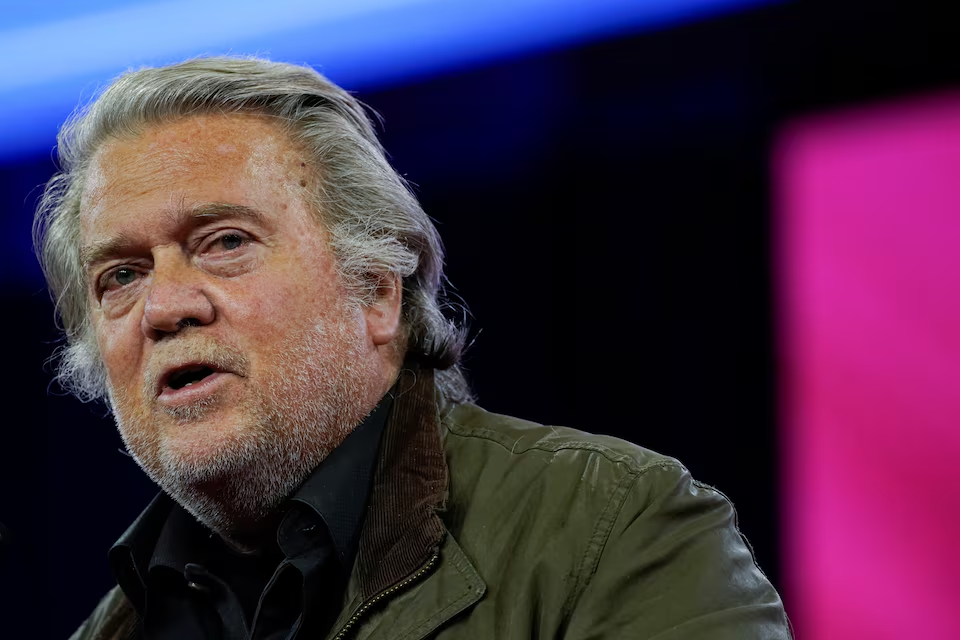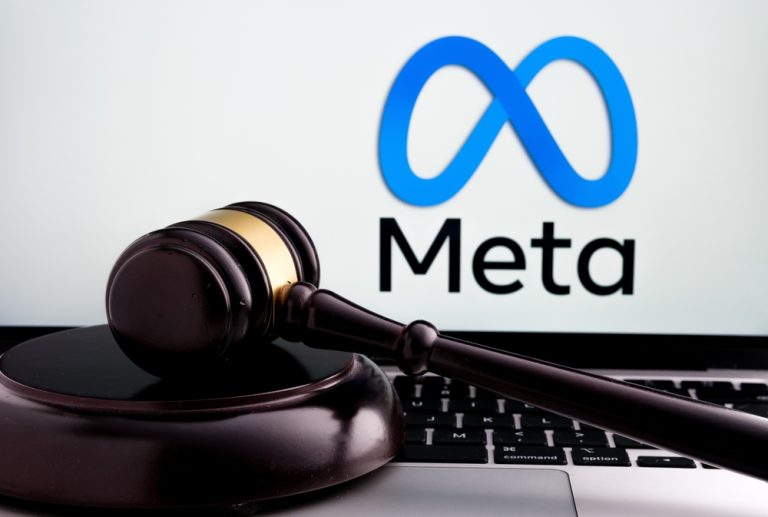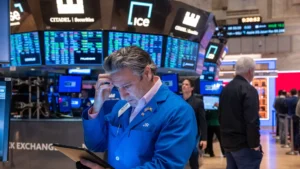In a significant development, the U.S. federal appeals court on Friday affirmed the conviction of Steve Bannon, former chief strategist to ex-President Donald Trump, for his non-compliance with a congressional subpoena. This decision relates to the investigation into the January 6, 2021, Capitol attack, marking a pivotal moment in the ongoing probe into that day’s events. Bannon, who faces a potential four-month prison term for contempt of Congress, remains free pending further appeals, emphasizing the case’s complexity and implications for congressional authority.
Upheld Conviction Reinforces Congressional Authority
The appeals court’s decision to uphold Bannon’s 2022 conviction underscores the judiciary’s stance on the sanctity of congressional subpoenas. Convicted on two misdemeanor counts of contempt of Congress, Bannon defied orders to submit documents and testify before the House committee investigating the Capitol riot. The court rejected his defense—advice from legal counsel suggesting non-compliance did not equate to intentional criminal behavior. The judges argued that accepting Bannon’s rationale would severely “hamstring Congress’s investigatory authority,” making it challenging to hold witnesses accountable in congressional probes.
Legal Road Ahead and Political Implications
Despite the setback, Bannon’s legal journey is far from over. He can escalate his appeal to the full D.C. Circuit Court and possibly the U.S. Supreme Court. This legal path not only prolongs Bannon’s case but also highlights the broader political battles surrounding the January 6 investigation. The House panel, led by Democrats, delved into Trump’s attempts to overturn the 2020 election results, culminating in the violent Capitol breach aimed at disrupting the certification of the vote. Bannon’s prior public comments, predicting chaos the day before the riot, and subsequent non-cooperation have positioned him as a central figure in the discourse on accountability and political bias.
As Steve Bannon explores further legal avenues to contest his conviction, the implications of the appeals court’s decision resonate deeply within the political and legal communities. This ruling reaffirms the power of congressional subpoenas and signals robust judicial support for maintaining the integrity of governmental investigations into significant national events. The unfolding of this case will undoubtedly influence future engagements between Congress and individuals summoned during pivotal inquiries.






















